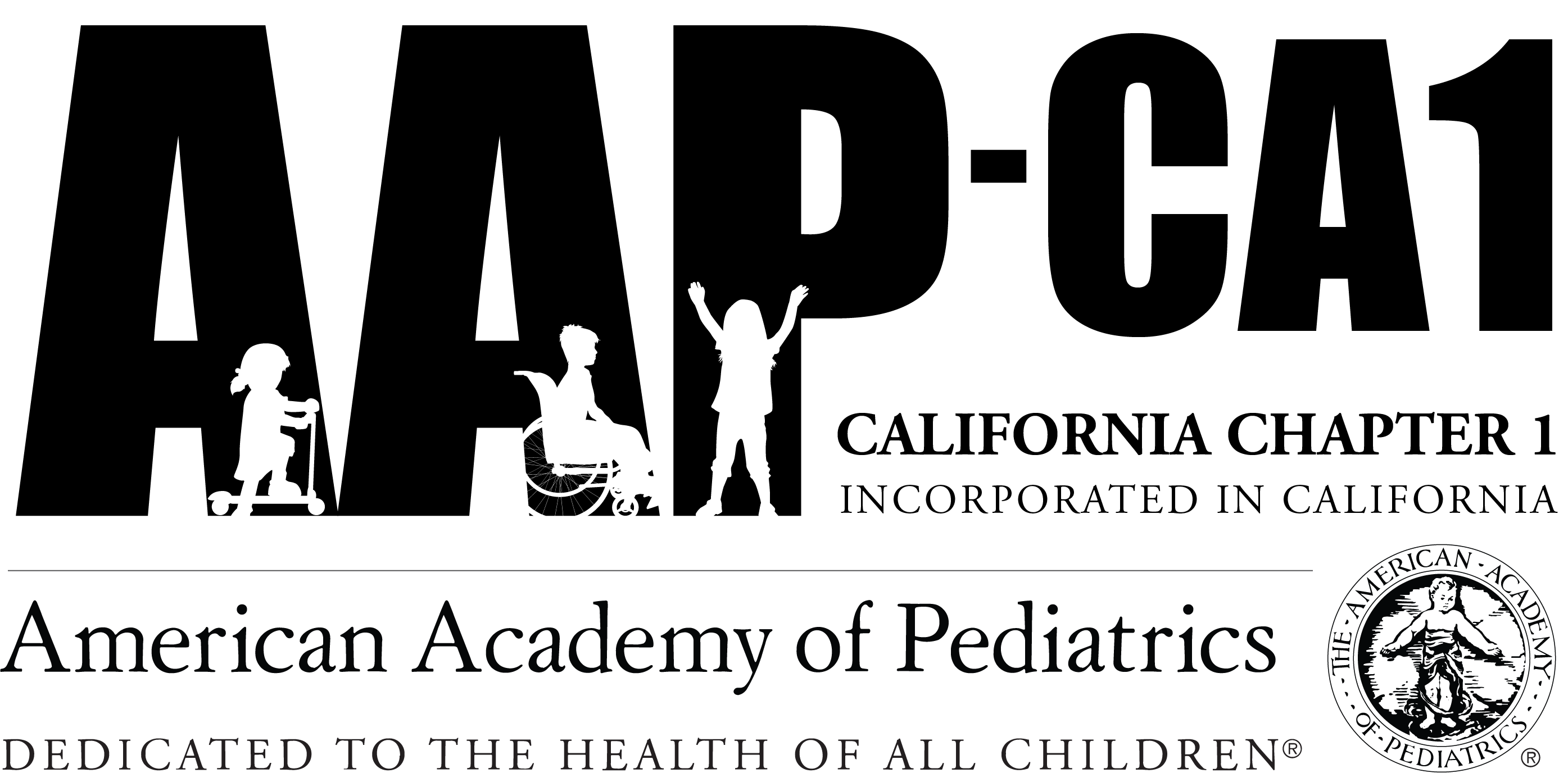
Current Chapter Projects
-
Partnership with CalMAP
Cal-MAP(California Mental Health Access Program) is a statewide initiative that supports pediatric primary care providers in addressing mental health needs through teleconsultation, education, and resources. By expanding access to behavioral health expertise, Cal-MAP aims to enhance the capacity of providers to deliver effective care to children, adolescents, and families across California.
-
Pediatric Disaster Preparedness Ambassador Grant Round 2
The AAP Pediatric Disaster Preparedness Ambassador Program supports AAPCA1’s commitment to improving disaster readiness for children in California. Led by Dr. Nicolaus Glomb, Dr. Morgan Leighton, and Dr. Kevan McCarten, the program prioritizes equity-focused community needs assessments, telemedicine for rural areas, and creating educational toolkits for hospitals.
-
Pediatric Mental Health Care Access Program
The AAP PMHCA grant enabled AAPCA1 to raise awareness of the statewide Cal-MAP program by sharing its consultation and educational services through newsletters, social media, and direct marketing emails. Partnerships with other California AAP chapters further expanded outreach.
-
Suicide Prevention Grant Round 2
The American Academy of Pediatrics (AAP) and the American Foundation for Suicide Prevention (AFSP) are partnering to further youth community suicide prevention efforts of the Suicide Prevention Ambassador state teams. Our chapter ambassadors are utilizing the funds for a virtual summit to empower professionals to recognize warning signs in youth of self-harm and suicidal ideation, especially among high-risk groups, and enable providers to take action.
-
Healthy People 2030
The HP2030 initiative sets national objectives to improve health and well-being by 2030. AAPCA2 invited AAPCA1 to participate in a pediatric podcast to advance pediatric advocacy, education, and strategic programs focused on children’s well-being.
-
Virtual Learning Collaborative on FASDs
The Virtual Learning Collaborative on FASDs is an online initiative led by Dr. Billy Burroughs, offering healthcare professionals and educators opportunities to learn about Fetal Alcohol Spectrum Disorders (FASDs). It facilitates knowledge sharing, best practices, and strategies for supporting individuals with FASD through virtual meetings, webinars, and training modules. This program is currently in progress.
